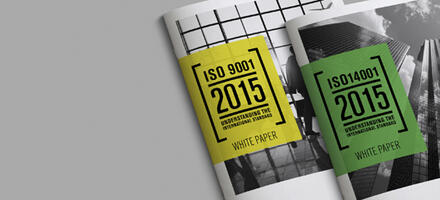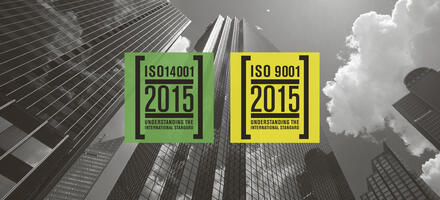
The importance of standards today
Progress indicator
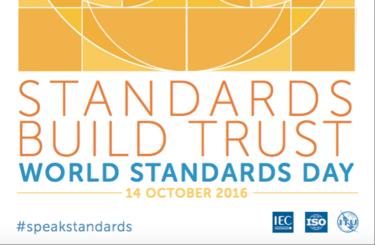
Mark Braham, head of business assurance and member of the CQI Standards Panel, explains the importance of standards in quality today.
World Standards Day is celebrated annually across the globe on 14 October to raise awareness among regulators, businesses and consumers of the importance of standards.
Since 1970 the day has recognised the efforts of all stakeholders in the development of international standards and this year’s theme is “Standards Build Trust”.
The CQI and its members have real influence on the development of ISO standards, from our Category A status on ISO Technical Committee 176 and the development of ISO 9001:2015, to our upcoming work on ISO 17021-3, ‘Requirements for bodies providing audit and certification of quality management systems’.
Today’s economic climate underlines the significance of standards across global markets
While the remit of the quality professional today extends all the way from governance to assurance and improvement, standards continue to play a crucial role in our work.
To the quality profession, they are a tool for both measurement and improvement, while providing consumer confidence to the market.
Today’s economic climate underlines the significance of standards across global markets, as businesses seek to navigate the turbulent waters of Brexit, not to mention uncertainty caused by political turmoil caused by the US presidential race.
In the Cebr report ‘The Economic Contribution of Standards to the UK Economy’ (June 2015), standardisation at a national level is associated with approximately £8.2bn of the £29bn of GDP growth recorded in 2013.
For business, senior leadership teams should use standards such as ISO 9001: 2015 to improve customer focus throughout the organisation. This can be done by making employees fully aware of the quality policy, the relevant quality objectives and most importantly, of their contribution to the effectiveness of the quality management system.
Auditors also play an important role in ensuring organisations are not following a box-ticking regulatory approach to corporate governance. In order to do this, they need the correct competencies when speaking to senior management.
They must focus on minimising their use of jargon, have detailed knowledge of industry and be more concise. Also, their communication skills must be effective enough to get information from senior management, while remaining diplomatic and respectful.
I encourage you to celebrate World Standards Day this year and commemorate the work of experts who have developed these standards to help assure quality, safety and good governance on an international scale.
How to make the transition
Find out more about how to make an effective transition to ISO 9001:2015 and ISO 14001:2015
Member only
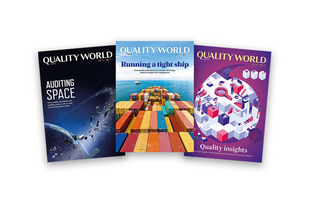
This article is free to access for a limited time only. Only CQI and IRCA members receive access to all content.
Get the latest ISO reports and resources
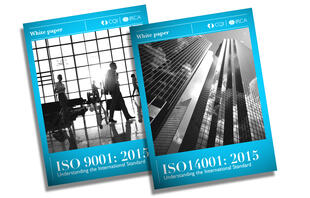
Our many reports and resources will help you achieve a smooth transition to ISO 9001:2015 and ISO 14001:2015.
Transition training

Update your knowledge and skills on the revised ISO 9001 and 14001 standards by 1 September 2018. Search our practitioner courses for transition training.
Find your membership grade
Take this short quiz to find out which CQI membership grade is right for you
